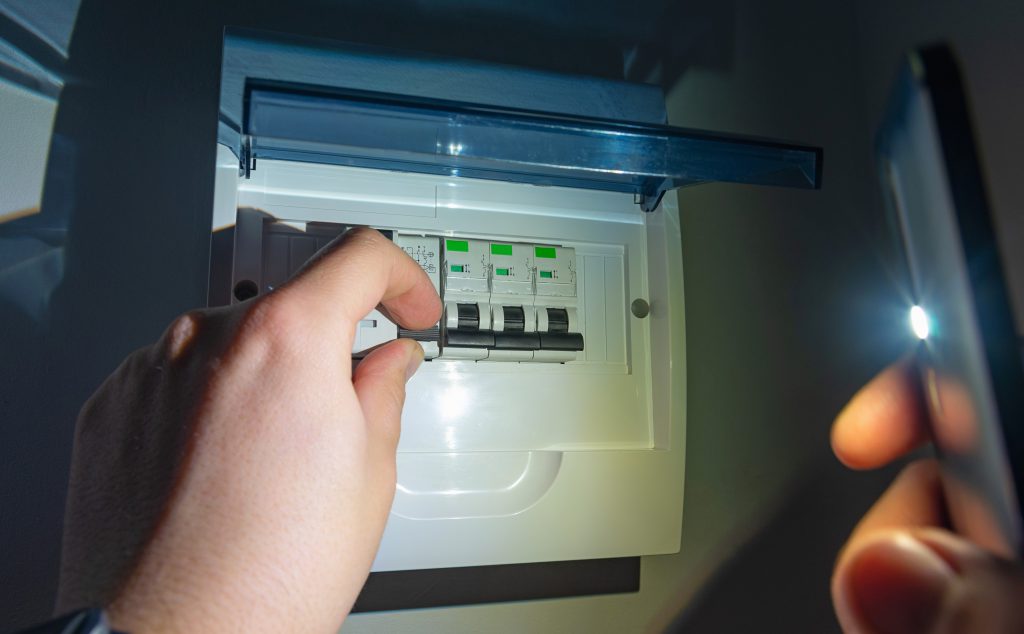On again, off again!

Sleepless nights in sweltering heat, no internet, no television and food rotting in the freezer have been the main highlights of a very miserable summer for those who experienced the series of power cuts registered in recent months. In some cases residents had to endure 15 hours with no power, causing great suffering to bed-ridden patients receiving long-term care at home.
Such ordeal was reminiscent of the situation in the 1980s when the island’s water and energy infrastructure was on its knees. In those days, which were also characterised by acute water shortages, water bowsers used to be dispatched by the authorities to mitigate the situation. 40 years down the line, it seems that we have gone back to the same scenes, albeit bowsers have been replaced by generators.
Faced by a barrage of complaints State energy provider Enemalta blamed the sweltering heat and the rise in electricity demand. Putting on a brave face, the company’s CEO Jason Vella insisted this happened despite a €130 million investment over seven years to improve the distribution network. At the same time however, his remark that power outages are very difficult to predict gave very little comfort to us consumers. It seems we have to brace ourselves for more misery.
Enemalta was also very dodgy on clients who reported damaged items due to the low voltages supply as well as having to throw away food items from their fridge and freezer. Who shall compensate them for the losses they incurred? Or is it just clients who must adhere to the payment deadlines whenever they receive the bill?
From a political perspective, the situation epitomises the fact that energy generation has become a hot potato. Since 2016, Malta has had no less than four energy ministers – Konrad Mizzi, Joe Mizzi, Michael Farrugia and the incumbent Miriam Dalli. Their life span is arguably shorter than that of most football managers! Something is very wrong indeed. Energy Minister Miriam Dalli recently labelled the power outages as “unacceptable”. However, action speak louder than words. The energy sector has been in the spotlight since 2013 when the Labour Party was elected on the strength of its flagship proposal to reduce utility bills and strengthen power generation through a new gas-fired power station. Doubts on such plan had been expressed from the very beginning amid suspicions there was more than meets the eye to it. Eight years down the line, there is widespread evidence indicating that the Electrogas power plant project was also meant to be a vehicle for kickbacks. The very fact that journalist Daphne Caruana Galizia was brutally murdered in an attempt not to allegedly expose the shady dealings involved in this deal and those behind it, says it all. Now we are left with a country whose reputation lies in tatters and an energy crisis. Unfortunately, this is another case whereby it is the man in the street who bears the brunt of the misdeeds of a selected few.
What is even more appalling is that the current situation is the exact opposite of what was promised in the 2017 general election. In its manifesto Labour had promised that “Power interruptions will become a thing of the past. Consequently, the next important and natural step is to keep strengthening the distribution system at a fast rate. This will be the main strategy in the energy policy in the coming years”.
Given that the government makes it a point to deliver an annual news conference to outline the percentage level of implementation of the manifesto, and given that this legislature has less than a year left, it is only natural to expect urgent action. Judging by the results on the ground this pledge is a complete failure or to borrow the term used by the energy minister “unacceptable”.
